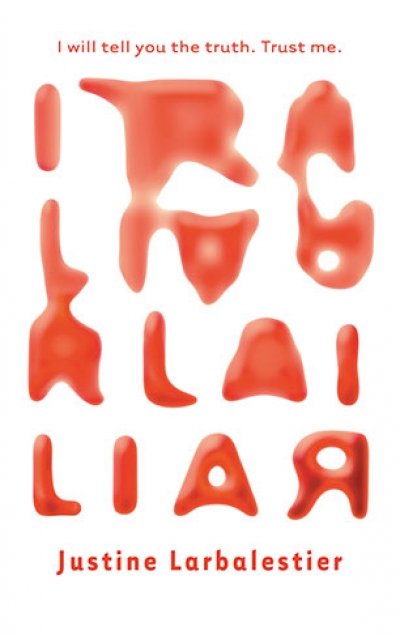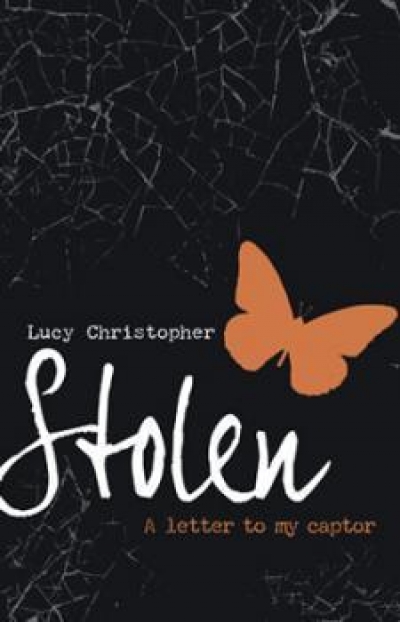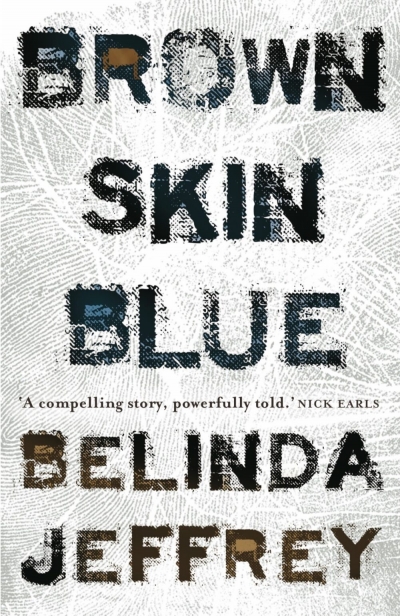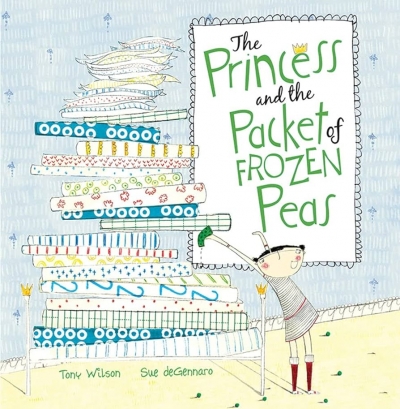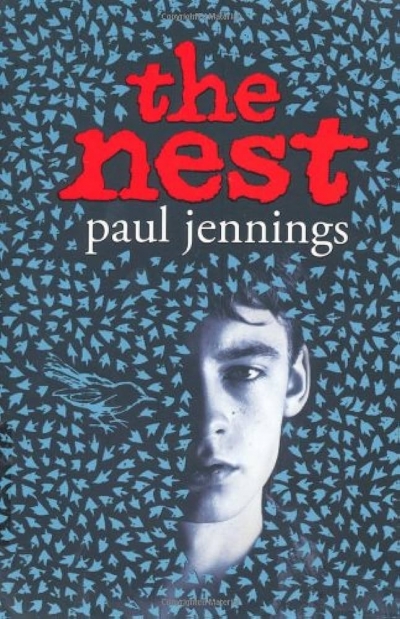Young Adult Fiction
Stolen by Lucy Christopher & Mama's Song by Ben Beaton
by Stephen Mansfield •
Learning about the world is one of the great fruits of reading. It can be as much fun as solving a puzzle, provided the information is presented to invite questioning and interpretation. These five attractively produced, accessible books are designed to appeal to their intended audiences, but how well do they avoid the over-simplification that is an inherent danger in tailoring ‘facts’ to the needs and interests of inexperienced readers?
... (read more)The Princess and the Packet of Frozen Peas by Tony Wilson and Sue deGennaro
Girl Next Door by Alyssa Brugman & Somebody’s Crying by Maureen McCarthy
by January Jones •




